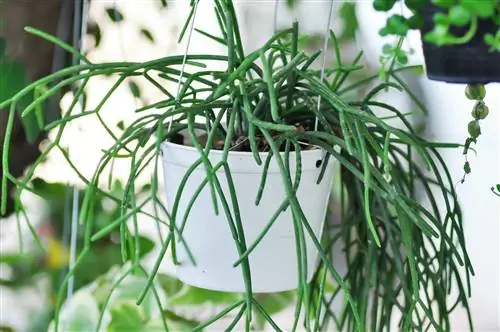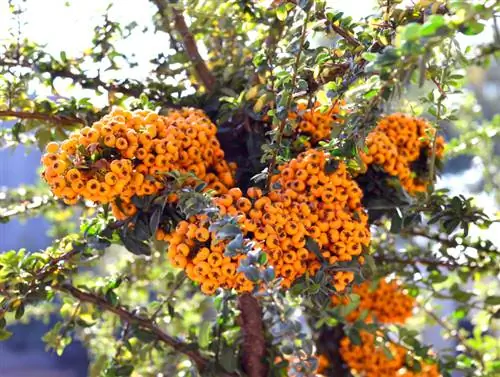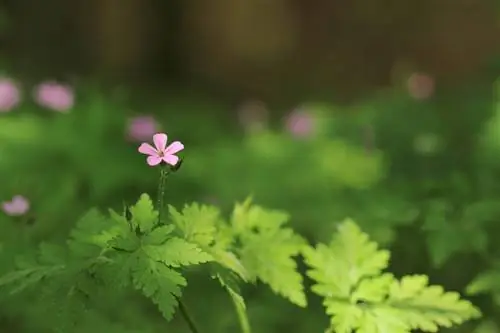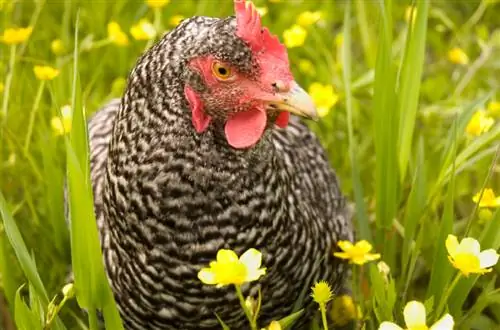- Author admin leonars@hobbygardeners.com.
- Public 2023-12-16 16:46.
- Last modified 2025-01-23 11:19.
The toxicity of the rush cactus is hotly debated. Is the Rhipsalis species poisonous to humans and animals or can the houseplant be safely cultivated in a household with small children, cats and/or dogs? We'll clarify.
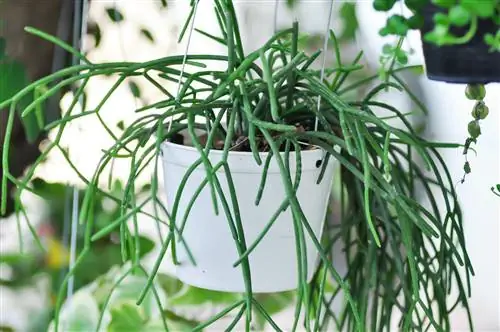
Is the rush cactus poisonous?
The rush cactus, also called coral cactus or rod cactus due to its special appearance, is safe for both people and animalsnon-toxicIt does not contain any significant toxins. However, the plant parts of this extraordinary cactus species should not be eaten.
Is the rush cactus really non-toxic for cats and dogs?
It cannot be said with 100% certainty that the rush cactus is really non-toxic for cats and dogs. However, most experts assume that the cactus poses no danger to our animal companions. By the way, unlike other cacti, it fortunately does not develop spines.
But: To avoid any risk, we advise you to either avoid the cactus plant or place it in such a way that it is out of reach of your curious and nibbling cats and/or dogs.
Why is the rush cactus sometimes described as poisonous?
The fact that the rush cactus is described as poisonous in some posts and forums may be due to its visualsimilarity to the spurge plants. This can sometimes lead to confusion.
Spurge plants are actually poisonous because their milky sap contains substances that can trigger symptoms of poisoning. In contrast, the liquid in the shoots of the rush cactus is just stored water and is therefore completely harmless.
Tip
Bulrush cactus has nothing to do with rushes
Given the name 'rush cactus', you might think that the plant has something to do with rushes. However, they are two completely different genres. The rush cactus is a cactus family in the order 'Cloves', while rushes belong to the rush family in the order 'Sweetgrasses'. The name is probably due to the fact that the rush cactus, like rushes, also has grass-like shoots.

